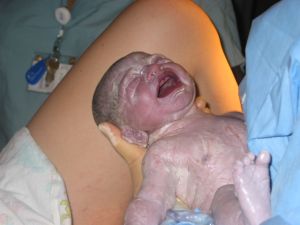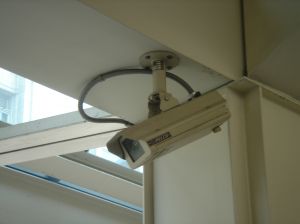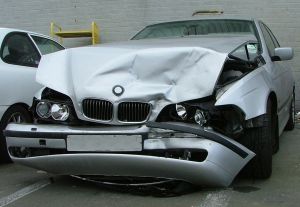 Our previous blog addressed Florida’s statutory scheme, known as NICA (Florida Birth-Related Neurological Injury Compensation Association, Sections 766.301-766.316 Florida Statutes (1988), for providing “compensation, on a no-fault basis, for a limited class of catastrophic injuries that result in unusually high costs for custodial care and rehabilitation.” See Section 766.301(2) Florida Statutes (1988). NICA is the exclusive remedy in cases that meet its requirements. Because its remedies may not be adequate to cover the damages, our blog encourages lawyers to make every effort to avoid NICA where the brain injury was caused by medical negligence. We explained that the remedies available under Florida’s traditional tort system often outweigh those under NICA.
Our previous blog addressed Florida’s statutory scheme, known as NICA (Florida Birth-Related Neurological Injury Compensation Association, Sections 766.301-766.316 Florida Statutes (1988), for providing “compensation, on a no-fault basis, for a limited class of catastrophic injuries that result in unusually high costs for custodial care and rehabilitation.” See Section 766.301(2) Florida Statutes (1988). NICA is the exclusive remedy in cases that meet its requirements. Because its remedies may not be adequate to cover the damages, our blog encourages lawyers to make every effort to avoid NICA where the brain injury was caused by medical negligence. We explained that the remedies available under Florida’s traditional tort system often outweigh those under NICA.
Where NICA can and should be avoided to pursue medical malpractice remedies, the Plaintiff must prove fault and damages to prevail. This blog addresses some of the common causation and damage issues.
Hypoxia, or a lack of oxygen, is the leading cause of brain injury in newborns. During labor, the uterus contracts in order to push the baby through the birth canal. (Pitocin, a drug used to induce labor, intensifies uterine contractions.) Throughout the labor process, obstetrical personnel are able to monitor the fetus’ heart rate and well being through electronic fetal monitoring. (Every labor and delivery unit in every hospital in the country, uses electronic fetal monitoring.) As the labor progresses and the contractions become stronger and more frequent, the baby is exposed to tremendous amounts of stress. As the stress mounts, underlying problems, such as a knotted or twisted umbilical cord, or a placental problem, become heightened. Time is of the essence when a problem is exposed. Any breakdown in the monitoring process, such as through inattention or misinterpretation, can prove costly. Moreover, proper lines of communication must be maintained between the nurses and the obstetrician. A failure to properly alert the physician or of the physician to respond appropriately, can have critical consequences.
The first step in investigating a brain injured baby medical malpractice case is to have the fetal monitoring strips reviewed by an expert for evidence of hypoxia, whether it was documented by the health care providers, and whether they acted appropriately.
Medical malpractice defendants will try to deflect responsibility by blaming the brain injury on something other than a lack of oxygen. Other excuses include infection and inflammation.
Continue reading
 The Jones Act (46 U.S.C. § 30104) is the primary law used by seamen to recover compensatory damages from their employers for injuries sustained in accidents occurring on navigable waters. To recover under the Jones Act, an injured seaman must prove that employer negligence caused the accident. This means that the Jones Act is not a no-fault system for recovering compensation.
The Jones Act (46 U.S.C. § 30104) is the primary law used by seamen to recover compensatory damages from their employers for injuries sustained in accidents occurring on navigable waters. To recover under the Jones Act, an injured seaman must prove that employer negligence caused the accident. This means that the Jones Act is not a no-fault system for recovering compensation.  Florida Injury Attorney Blawg
Florida Injury Attorney Blawg


 The elements of defamation are that the Defendant published a false statement, that the statement was communicated to a third party, and that the Plaintiff suffered damages as a result of the publication.
The elements of defamation are that the Defendant published a false statement, that the statement was communicated to a third party, and that the Plaintiff suffered damages as a result of the publication. 
 Winning may not be a victim’s only concern in a personal injury case. Collecting on damages awarded post-victory can be of equal or greater importance.
Winning may not be a victim’s only concern in a personal injury case. Collecting on damages awarded post-victory can be of equal or greater importance. 



